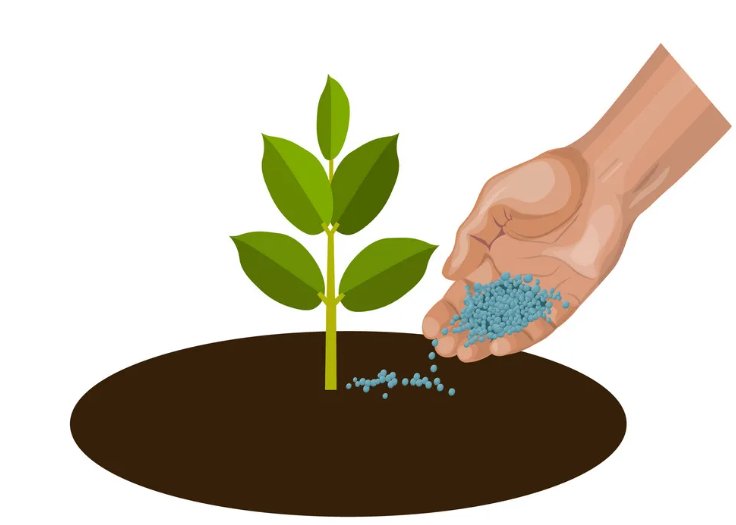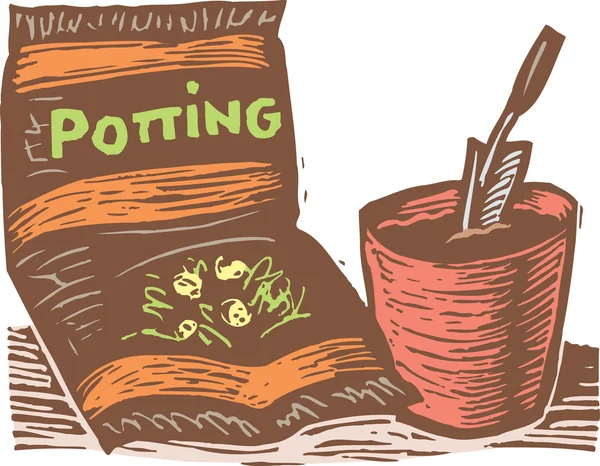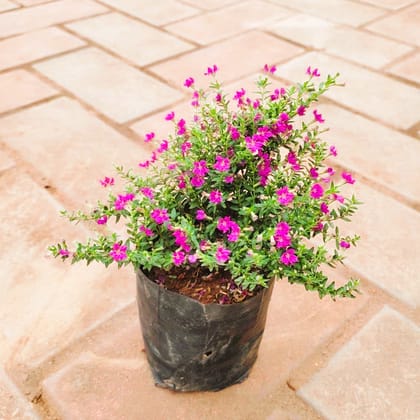
- Plants
- Plants
- Home Decor Plants
- Home Decor Plants
- Pots
- Pots
- Soil & Add ons
- Soil & Add ons
- Seeds
- Seeds
- Tools
- Tools
- Decor
- Decor
- Gifting
- Gifting
- Bulk Gifting
- Bulk Gifting
- Gardening Kits
- Gardening Kits
- Others
- Others
- Sale
- Sale
- Best Selling Plants
- Best Selling Plants
Urvann
Urvann is your one-stop online nursery for plants, planters, gardening accessories, and tools. Order fresh plants and get free home delivery on the next day!
ENFB instagram youtube linkedin Urvann
Urvann is your one-stop online nursery for plants, planters, gardening accessories, and tools. Order fresh plants and get free home delivery on the next day!
https://www.urvann.com/s/6176774ef575bbd2b3331c8a/61db06dd744e78df7592f6d9/final-logo-01-1-_cropped-1.png https://www.urvann.com/s/6176774ef575bbd2b3331c8a/61db06dd744e78df7592f6d9/final-logo-01-1-_cropped-1.png +919911871899 [email protected]E-176 110060 Delhi IN
673cabf9385215003e16c5c3 Kapoor Tulsi in 3 Inch Nursery Bag https://www.urvann.com/s/6176774ef575bbd2b3331c8a/673cabfb385215003e16c5c5/1percent20-59-.jpg
Ocimum tenuiflorum, commonly known as Holy Basil, Tulsi, or Tulasi is an aromatic perennial plant in the family Lamiaceae. It is native to tropical and subtropical regions of the world.
Tulsi is cultivated for religious and traditional medicine purposes, and also for its essential oil. It is widely used as an herbal tea, commonly used in Ayurveda, and has a place within Hinduism, in which devotees perform worship involving holy basil plants or leaves.
Benefits of Tulsi Plant
 Boosts Immunity :
Boosts Immunity :
The Tulsi Plant is rich in antioxidants and has immunity-boosting properties that help the body fight infections and illnesses.
 Stress Reduction :
Stress Reduction :
The Tulsi Plant is an adaptogen, which means that it helps the body to reduce stress and anxiety.
 Low Maintenance :
Low Maintenance :
Tulsi Plants are easy to grow and make an ideal choice for beginners and experienced plant enthusiasts.
 Respiratory Health :
Respiratory Health :
Tulsi plants have antimicrobial and anti-inflammatory properties, that make it effective in managing respiratory conditions.
Care Tips for Tulsi Plant
 Watering :
Watering :
Water the Tulsi Plant when the soil is completely dry. Water during early morning or late evening hours.
 Light :
Light :
Do not keep the Tulsi Plant in direct sunlight as it will burn its leaves. Keep the plant in a semi-shaded area, where it receives sunlight for 4-5 hours.
 Placement :
Placement :
Place the Tulsi Plant in the north and northeast-facing places so that the morning sunlight can fall on it.
 Fertilization :
Fertilization :
Add fertilizers such as vermicompost every 2 months to balance the nutritional needs of the Tulsi Plant plant. Keep tilling the soil to increase aeration.
 Ideal Soil Mix :
Ideal Soil Mix :
The Tulsi Plant requires well-draining soil rich in organic matter that does not retain much water. The ideal soil mix for this plant is, Cocopeat (50%) + Garden Soil (30%) + Vermicompost (20%)
 Pruning :
Pruning :
Pruning the Tulsi Plant regularly will ensure that it has a bushier, healthier growth. The plant also grows faster when pruned.
 Pest Control :
Pest Control :
The Tulsi Plant is susceptible to nymphs and aphids. However, spraying the plant with neem spray spray is a good precautionary measure.
Frequently Asked Questions about Tulsi Plant
1. Is the Tulsi Plant a good outdoor plant?
Yes, the Tulsi Plant is a super air-purifying plant that creates a better living environment for you.
2. What is the benefit of Tulsi plants?
The Tulsi plants make for fabulous air-purifying indoor plants. They also have medicinal properties.
3. Is the Tulsi plant lucky?
Tulsi plants are considered lucky for homes as they help remove negative energies from the house. They are a staple in Indian households and are worshipped in Hinduism.
4. Can I keep the Tulsi plant indoors?
Tulsi plants are outdoor plants and need sunlight for a few hours in a day.
5. Where can I buy Tulsi Plants?
Head over to Urvann, India’s favorite online nursery, and browse from their extensive collection of plants.
.
.
SGJACMAD0N0301in stockINR 79
1 1
Email ID already exists!
Your Current password is incorrect
Password Updated Successfully
Thanks for your Feedback
- Home
- Pet Friendly Plants
- Summer Plants
- Kapoor Tulsi in 3 Inch Nursery Bag
Kapoor Tulsi in 3 Inch Nursery Bag
₹79₹209 (62%OFF)
Sold By: SWH
Features
- Sacred plant
- Queen of herbs
- Low-Maintenance
- Air-Purifier
- Natural adaptogen
Description of product
Ocimum tenuiflorum, commonly known as Holy Basil, Tulsi, or Tulasi is an aromatic perennial plant in the family Lamiaceae. It is native to tropical and subtropical regions of the world.
Tulsi is cultivated for religious and traditional medicine purposes, and also for its essential oil. It is widely used as an herbal tea, commonly used in Ayurveda, and has a place within Hinduism, in which devotees perform worship involving holy basil plants or leaves.
Benefits of Tulsi Plant
 Boosts Immunity :
Boosts Immunity :
The Tulsi Plant is rich in antioxidants and has immunity-boosting properties that help the body fight infections and illnesses.
 Stress Reduction :
Stress Reduction :
The Tulsi Plant is an adaptogen, which means that it helps the body to reduce stress and anxiety.
 Low Maintenance :
Low Maintenance :
Tulsi Plants are easy to grow and make an ideal choice for beginners and experienced plant enthusiasts.
 Respiratory Health :
Respiratory Health :
Tulsi plants have antimicrobial and anti-inflammatory properties, that make it effective in managing respiratory conditions.
Care Tips for Tulsi Plant
 Watering :
Watering :
Water the Tulsi Plant when the soil is completely dry. Water during early morning or late evening hours.
 Light :
Light :
Do not keep the Tulsi Plant in direct sunlight as it will burn its leaves. Keep the plant in a semi-shaded area, where it receives sunlight for 4-5 hours.
 Placement :
Placement :
Place the Tulsi Plant in the north and northeast-facing places so that the morning sunlight can fall on it.
 Fertilization :
Fertilization :
Add fertilizers such as vermicompost every 2 months to balance the nutritional needs of the Tulsi Plant plant. Keep tilling the soil to increase aeration.
 Ideal Soil Mix :
Ideal Soil Mix :
The Tulsi Plant requires well-draining soil rich in organic matter that does not retain much water. The ideal soil mix for this plant is, Cocopeat (50%) + Garden Soil (30%) + Vermicompost (20%)
 Pruning :
Pruning :
Pruning the Tulsi Plant regularly will ensure that it has a bushier, healthier growth. The plant also grows faster when pruned.
 Pest Control :
Pest Control :
The Tulsi Plant is susceptible to nymphs and aphids. However, spraying the plant with neem spray spray is a good precautionary measure.
Frequently Asked Questions about Tulsi Plant
1. Is the Tulsi Plant a good outdoor plant?
Yes, the Tulsi Plant is a super air-purifying plant that creates a better living environment for you.
2. What is the benefit of Tulsi plants?
The Tulsi plants make for fabulous air-purifying indoor plants. They also have medicinal properties.
3. Is the Tulsi plant lucky?
Tulsi plants are considered lucky for homes as they help remove negative energies from the house. They are a staple in Indian households and are worshipped in Hinduism.
4. Can I keep the Tulsi plant indoors?
Tulsi plants are outdoor plants and need sunlight for a few hours in a day.
5. Where can I buy Tulsi Plants?
Head over to Urvann, India’s favorite online nursery, and browse from their extensive collection of plants.
.
.
Related products
User reviews
Urvann is your one-stop online nursery for plants, planters, gardening accessories, and tools. Order fresh plants and get free home delivery on the next day!
Information
Major Categories
Gifting
Offers under 99
Offers Under 199
Plants
- Indoor Plants
- Low Maintenance Plants
- Flowering Plants
- Outdoor Foliage Plants
- Religious & Sacred Plants
- Air Purifying Plants
- Cactus & Succulents
- Good Luck Plants
- Plants by Location
- Plants of the Month
- Herbs-Medicinal & Vegetable Plants
- Fruit Plants
- Monsoon Plants
- Hanging Plants
- Potted Plants
- Bonsai Plants
- Special Plant Combos
- Bamboo Plant
- Pet Friendly Plants
- Plants to grow in Water
- Mosquito Repellent Plants
- Climbers & Creepers
Gardening Tools & Equipments
Soil & Fertilizers
Membership & Gift Cards
ADDRESS
Urvann India Private Limited
E-176
Delhi
Delhi 110060
IN
NEWSLETTER
Subscribe to get Email Updates!
Thanks for subscribe.
Your response has been recorded.
India's Number 1 Choice for Plants | Urvann India Private Limited






